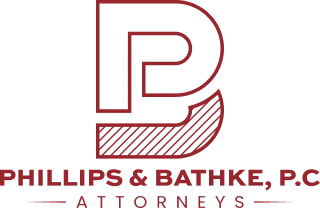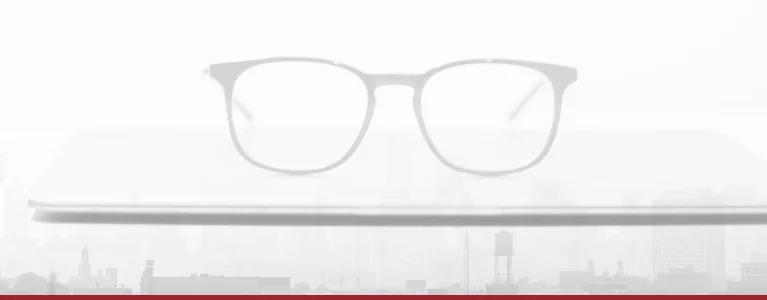
Whether you’ve received a legal notice or discovered someone may be infringing your intellectual property, you might be wondering what kind of dispute you’re facing.
Trademark, patent, and copyright disputes are handled differently in intellectual property law, and you need to know the difference. Knowing those distinctions helps you respond appropriately, reduce your risk and liabilities, and protect your own rights.
What Happens with a Notice?
These letters or emails can come in many forms: a cease-and-desist letter from an attorney, a DMCA takedown notice from a platform, or a formal demand referencing a patent or trademark registration.
Often, the sender is attempting to assert their rights and protect their intellectual property. For the IP owner, this provides an opportunity to assert their rights and seek remedies.
How you respond can make a big difference. Acting quickly and thoughtfully shows that you take the matter seriously and can help prevent escalation.
What Are the Different Protections?
Every type of intellectual property has a specific purpose. What many people don’t know is that these protections are not interchangeable. You need to know the differences to fully assess your situation.
Trademarks
These protect brand identity. Trademarks include names, logos, slogans, and distinctive colors or sounds that identify the source of goods or services. The purpose of trademark law is to prevent consumer confusion and protect a business’s reputation.
Patents
This protects inventions and processes. A patent gives its holder the right to prevent others from making, using, or selling an invention for a set period, which is usually 20 years. Patents cover new and useful products, methods, or designs.
Copyrights
These protect original works of authorship. This encompasses books, music, films, software, photographs, and other forms of creative content. Copyright law protects the specific expression of an idea, not the idea itself.
What Is the Subject of the Claim?
Next, you will want to know what is being claimed in the dispute. For trademark disputes, the issue involves names, logos, slogans, or packaging. The claim may focus on “likelihood of confusion” or “brand dilution.”
Patent disputes focus on problems concerning products, processes, or methods. A notice should reference a specific patent number and claim that someone is “making, using, selling, or offering for sale” a protected invention.
For those copyright disputes, the concern centers on creative content, such as text, photos, videos, music, or code. These notices may reference copyright registrations or the DMCA and request removal or licensing.
What Is the Remedy Being Sought?
Within the notice, there is usually a specification about the type of remedy requested. If it involves a trademark claim, there is usually a request to stop using the mark or alter the branding.
Many times, patent claims demand royalties, a licensing agreement, or stopping production of a product.
Copyright claims will demand the removal of content, attribution, or payment for use.
What Steps to Take?
Once you know the type of dispute, that is just the beginning. Taking the right steps can prevent escalation and protect your rights. Here is a breakdown of what to do:
If you receive a notice:
- Act immediately: Ignoring a notice can escalate the issue.
- Preserve evidence: You want to keep records of emails, designs, code, or documentation relevant to your defense.
- Review your own rights: You may already hold a trademark, patent, or copyright that supports your position.
- Consult a skilled IP attorney: Each area of law, whether trademark, patent, or copyright, has its own rules and regulations. An experienced attorney can assess the situation and help you discover your options.
If someone is infringing your IP:
- Document the infringement: Make sure to have evidence of the unauthorized use or copying.
- Assess your rights: You want to confirm your ownership and registration status.
- Consider enforcement options: This may include sending a notice, pursuing licensing agreements, or legal action with help from an IP attorney.

Protect Yourself Moving Forward
Disputes are stressful, but they also provide an opportunity to strengthen your intellectual property protections for the future. With the help of an IP attorney, you may want to:
- Conduct trademark searches before launching a new brand or logo.
- Get legal advice early when developing new products or processes.
- Register your copyrights for original content to make enforcement easier if someone infringes.
We’re Here to Assist with Your IP Issues
Trademark, patent, and copyright disputes are stressful. Whether you’ve received a claim or discovered someone is infringing your rights, understanding the type of IP, the alleged violation, and the remedies involved allows you to respond, protect your business, and minimize risk.
At Phillips & Bathke, P.C., we are prepared to assist with resolving these disputes or helping establish a strong foundation for your creative and business endeavors. Schedule a consultation today.


